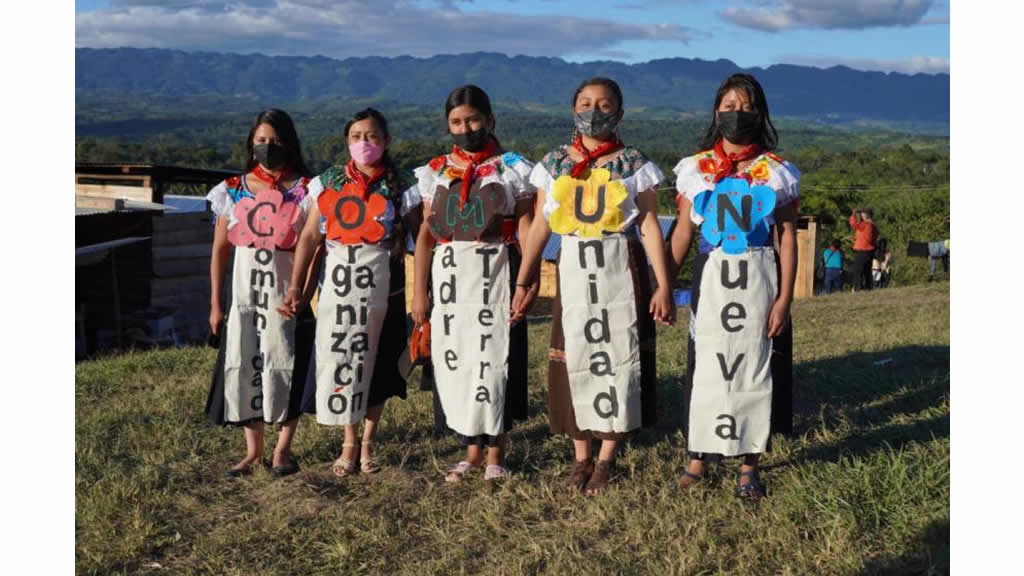
Editorial desk of La Coperacha. Photo: Frayba
Eliminates rights to political representation, territory and natural resources.
The initiative of Constitutional Reform for the Rights of Indigenous Peoples sent by President Andrés Manuel López Obrador on February 5 was mutilated, the rights to political representation, territory and natural resources have been removed, affirmed Francisco López Bárcenas, a specialist in indigenous rights.
For the Mixtec lawyer, it is pitiful that Adelfo Regino, head of the National Institute of Indigenous Peoples (INPI) says that the initiative is the one that was agreed upon with the original peoples and specialists in 52 regional forums in 27 states.
It is also a lack of respect for the indigenous authorities and peoples that participated in that process, and that was delivered twice to the president, once on August 9, 2019 in Durango, and another on September 28, 2021 in Vícam, Sonora, said López Bárcenas.
Without strategic rights
The initiative was mainly stripped of two rights that are strategic in the current context where the extractive model reigns, he said. The first is that of political representation, a right that has been denied since the 19th century, and which the State does not recognize because to do so implies returning power to the people so that they can decide their own destiny, he said.
The other “stolen” right is that of control over their lands and the management of the resources existing in them. “With this omission, the State will continue to allow the plundering of their natural resources,” denounced López Bárcenas.
As an example of this plundering, the indigenous lawyer pointed out that more than 59,000 water concessions have been granted to 46,839 users (individuals and companies) in the territory of indigenous peoples. Likewise, 5,877 mining concessions have been granted, covering more than 1,940,000 hectares and representing 17% of the total indigenous territories.
Regarding the principle of legal pluralism, which is not in the proposal either, López Bárcenas affirmed that “it will continue to be like a legal colonialism,” that is to say, it is taken for granted that “the rule of law of the State is the important one and everything that has to be done has to be based on it.”
Secondary advances
Although the specialist recognizes advances in the proposal, such as elevating the right to consultation and recognizing native peoples as subjects of public law, he pointed out that these rights were already recognized in some way and what was sought was to modify them to improve their operability.
In the case of the right to prior, free and informed consultation, the State was obliged to consult because this right is already recognized by the Supreme Court of Justice of the Nation or Collegiate Courts.
Regarding the recognition of the peoples as subjects of rights, the lawyer explained that the aim was that the peoples could access the public budget. He expressed that this recognition already existed in 11 states such as Oaxaca, Tabasco, Veracruz and CDMX, but this has not made a difference with the peoples who live where the right is not recognized.
López Bárcenas maintained that the rights recognized in the initiative, “in the end are rights that do not directly affect capital or the extractive model.” Faced with this panorama, the indigenous peoples will continue to use the political and legal resources available to them to defend their heritage and it is very likely that the State will continue to litigate against them.
Original text published by La Coperacha on February 7th 2024. https://lacoperacha.org.mx/mutilada-iniciativa-reforma-pueblos-indigenas-francisco-lopez-barcenas-2024/
English translation by Schools for Chiapas.
